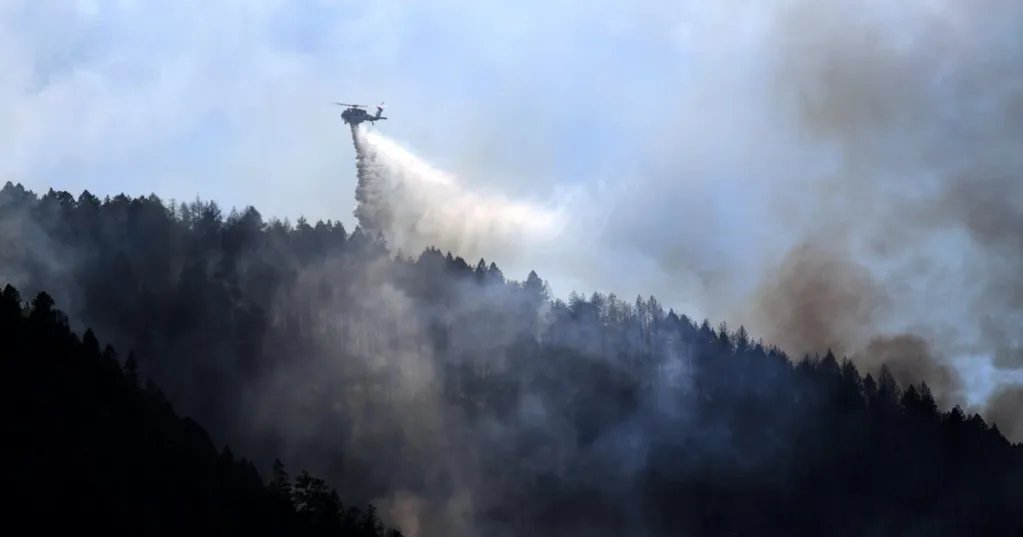Your Reporter Tori Mason specializes in coverage of Aurora. Share you story ideas with her by sending an email to yourreporter@cbs.com.
An interim wildfire mitigation committee met at the Colorado State Capitol on Tuesday to discuss efforts to protect the state from fire danger. Colorado regulators have approved Xcel Energy's $1.9 billion wildfire mitigation plan, a comprehensive, multi-year strategy designed to protect communities from dangerous wildfires fueled by climate change and dry conditions.
The Public Utilities Commission (PUC) formally adopted the settlement in June, marking a significant shift in how utilities plan for and respond to wildfire risk. The plan spans 2025 through 2027 and includes a range of infrastructure upgrades, public safety power shutoffs, customer support programs and community coordination efforts.
The mitigation plan breaks down into two broad categories: infrastructure resilience and public safety coordination.
This includes the replacement of more than 10,000 utility poles, the expansion of underground electric lines in high-risk areas and the modernization of vegetation management practices. Situational awareness tools, including AI-driven weather monitoring, cameras and advanced mapping systems will be installed.
Xcel and regulators say they've built in safeguards for Colorado's most vulnerable communities. The plan includes battery rebate programs for medically vulnerable residents to maintain power during outages. There will also be coordination with counties and emergency services to identify critical care facilities.
The City of Boulder, which was hard-hit by both wildfires and power shutoffs in recent years, was among the stakeholders that provided critical feedback.
There's a new commitment to a structured notification system, to give residents and emergency responders time to prepare. The plan includes prioritization of re-energizing power for critical care customers, including hospitals and individuals dependent on medical equipment.
The day included testimony from forest health officials, fire mitigation pilots, and local experts who emphasized the importance of fuel reduction and forest management.
Zachary Sullivan, a 23-year fire veteran and aerial operations expert, raised concerns about bureaucratic roadblocks. He said only 55% of piled fuels are currently burned due to air quality restrictions and permit challenges. He urged lawmakers to consider giving local authorities more flexibility to catch up with growing fuel loads.
The $1.9 billion price tag will be spread over a two-and-a-half-year period, showing up on customer bills via dedicated wildfire mitigation and transmission line items. However, monthly bill impacts are expected to be capped at around $9 and are likely to decrease as the plan progresses.
